We often hear the phrase “I’ll sleep when I’m dead,” but what if I told you that prioritizing sleep could actually help you live a more fulfilling and productive life? In our fast-paced world, sleep is often viewed as a luxury rather than a necessity. However, the truth is that quality sleep is a cornerstone of personal growth and productivity.
“Sleep is a fundamental human need – it is as vital to our well-being as food and water.”
Arianna Huffington – renowned entrepreneur
In this article, we’ll explore the profound impact that sleep has on our personal development and daily performance. We’ll delve into the science behind sleep, uncover its numerous benefits, and provide practical tips to help you harness the power of rest for your own growth and success.
The Importance of Sleep in Our Daily Lives
Sleep is not just a period of rest; it’s a critical process that allows our body and mind to recover and rejuvenate. Without adequate sleep, our physical and mental functions begin to falter. Sleep is essential for maintaining optimal health, mental clarity, and emotional balance, all of which are crucial for personal growth and productivity.

The Science of Sleep
To truly appreciate the impact of sleep on our lives, we need to understand what happens when we close our eyes and drift off to dreamland. Sleep isn’t just a passive state of unconsciousness; it’s a complex and active process that our bodies and brains go through every night.
Sleep cycles and stages
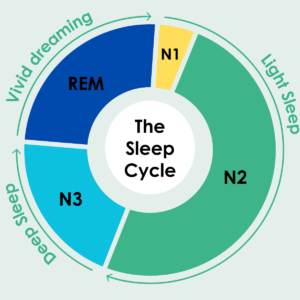
Our sleep is composed of several cycles, each lasting about 90-120 minutes. Within these cycles, we experience different stages of sleep:
- Light Sleep (N1 and N2): This is the transition from wakefulness to sleep. Your body temperature drops, heart rate slows, and muscles relax.
- Deep Sleep (N3): Also known as slow-wave sleep, this stage is crucial for physical restoration. Your body repairs tissues, builds bone and muscle, and strengthens the immune system.
- REM (Rapid Eye Movement) Sleep: This is when most dreaming occurs. REM sleep is essential for cognitive functions like memory consolidation, learning, and creativity.
“Sleep is the single most effective thing we can do to reset our brain and body health each day.”
Dr. Matthew Walker – sleep expert
Sleep and Personal Growth
Quality sleep is not just about feeling refreshed in the morning; it’s a vital component of personal growth and development. Let’s explore how sleep impacts our cognitive abilities and emotional regulation.
Cognitive benefits of quality sleep
Good sleep enhances various aspects of our cognitive function:
- Memory consolidation: During sleep, your brain processes and stores information from the day, helping to solidify memories and learned skills.
- Creativity: REM sleep, in particular, is linked to increased creative problem-solving abilities. Many great ideas and inventions have come from dreams or moments just after waking.
- Learning capacity: Well-rested individuals are better able to focus, absorb new information, and retain knowledge.
As Albert Einstein, known for his genius and reported love of sleep, once said, “Sleep is the best meditation.”

Emotional regulation and sleep
Sleep plays a crucial role in our emotional well-being:
- Emotional processing: During sleep, our brains process emotional experiences, helping us cope with difficult situations.
- Stress management: Adequate sleep helps regulate stress hormones, making us more resilient to daily pressures.
- Empathy and social skills: Well-rested individuals tend to be more empathetic and better at reading others’ emotions.
Sleep’s Role in Productivity

Impact on focus and concentration
Productivity hinges on our ability to focus and concentrate. Lack of sleep impairs attention, alertness, and concentration, making it difficult to perform even simple tasks efficiently. A well-rested mind, however, can stay focused for longer periods, allowing for greater productivity and effectiveness in our endeavors.
Have you ever tried to focus on a task after a poor night’s sleep? It’s like trying to see through fog. Quality sleep sharpens our attention and concentration, allowing us to tackle tasks with clarity and precision.
“Early to bed and early to rise makes a man healthy, wealthy, and wise.”
Benjamin Franklin
Efficiency and task completion
Completing tasks efficiently requires both energy and mental clarity. Sleep deprivation leads to slower cognitive processing and increased errors, directly impacting our ability to complete tasks. Sufficient sleep enhances our cognitive capabilities, enabling us to work smarter and faster. This boost in efficiency is crucial for achieving our goals and excelling in our personal and professional lives.
When we’re well-rested, we work more efficiently. Tasks that might take hours when we’re tired can often be completed in a fraction of the time when we’re alert and focused.
As time management expert Brian Tracy advises, “Every minute spent in planning saves 10 minutes in execution.”
Decision-making abilities
Good decision-making is a product of clear thinking and sound judgment, both of which are compromised by poor sleep. Research shows that sleep-deprived individuals are more likely to make impulsive decisions and have difficulty evaluating consequences. On the other hand, a well-rested brain can assess situations more accurately and make better decisions, crucial for both personal growth and professional success.
Increased energy levels
Energy levels are directly tied to the quality of our sleep. Poor sleep leads to fatigue, reducing our capacity to engage in physical and mental activities. Conversely, adequate sleep replenishes our energy reserves, allowing us to tackle our daily tasks with vigor and enthusiasm.
As motivational speaker Tony Robbins says, “The only limit to your impact is your imagination and commitment.”
With sufficient energy, we can push our boundaries and achieve our full potential.
Physical Health Benefits of Sleep

While we often focus on sleep’s mental benefits, its impact on our physical health is equally important.
Immune system support
During sleep, our bodies produce and release cytokines, proteins that help fight infection and inflammation. This is why we often feel the need to sleep more when we’re sick – our bodies are working hard to combat illness. By prioritizing sleep, we bolster our body’s natural defenses, ensuring we stay healthy and resilient.
Hormonal balance
Sleep plays a crucial role in regulating various hormones, including:
- Growth hormone: Essential for cell repair and regeneration
- Cortisol: The stress hormone, which is regulated during sleep
- Leptin and ghrelin: Hormones that control appetite and metabolism
Recovery and repair processes
While we sleep, our bodies undergo various repair processes:
- Muscle repair: This is especially important for athletes and those who exercise regularly
- Tissue growth: Essential for healing wounds and maintaining healthy skin
- Protein synthesis: Crucial for overall body maintenance and growth
“Sleep is the most important thing for weight loss and fitness.”
Jillian Michaels – fitness guru
Mental Health and Sleep
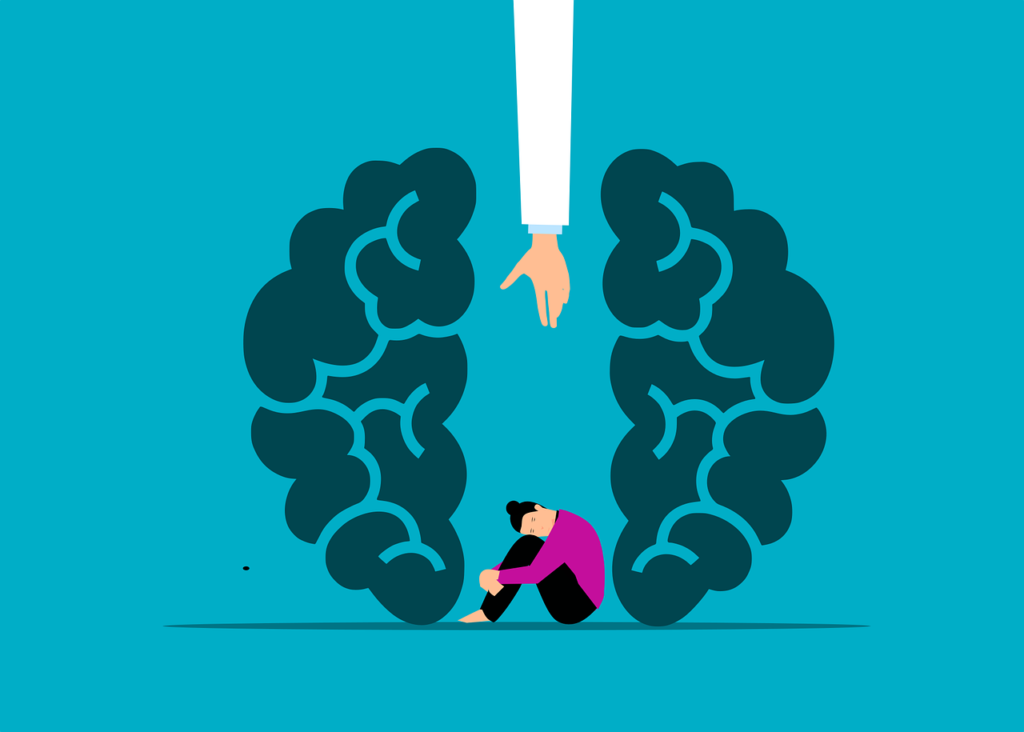
Stress reduction
Sleep is a powerful antidote to stress. During sleep, the body reduces levels of stress hormones, helping us wake up feeling calm and relaxed. Chronic sleep deprivation, on the other hand, can lead to increased stress levels, creating a detrimental feedback loop. By prioritizing sleep, we equip ourselves with a natural mechanism to combat stress and maintain mental balance.
Mood regulation
Mood regulation is closely linked to sleep quality. Insufficient sleep can lead to irritability, mood swings, and heightened emotional sensitivity. Conversely, good sleep promotes emotional stability and a positive outlook.
Anxiety and depression management
Anxiety and depression are often exacerbated by poor sleep. Studies have shown a strong correlation between sleep disorders and mental health issues. Quality sleep can help alleviate symptoms of anxiety and depression, providing a foundation for better mental health. Prioritizing sleep as part of a holistic approach to mental health can lead to significant improvements in our emotional well-being.
Tips for Better Sleep

Establishing a sleep routine
Creating a consistent sleep schedule is one of the most effective ways to improve sleep quality. Going to bed and waking up at the same time each day helps regulate the body’s internal clock, making it easier to fall asleep and wake up naturally.
Creating a sleep-friendly environment
A sleep-friendly environment is crucial for quality rest. This means keeping your bedroom cool, dark, and quiet. Investing in a comfortable mattress and pillows can also make a significant difference. Additionally, using blackout curtains and white noise machines can help eliminate disruptions, creating an ideal environment for restorative sleep.
Limiting screen time before bed
The blue light emitted by phones, tablets, and computers can interfere with your body’s production of melatonin, the sleep hormone. Try to avoid screens for at least an hour before bed.
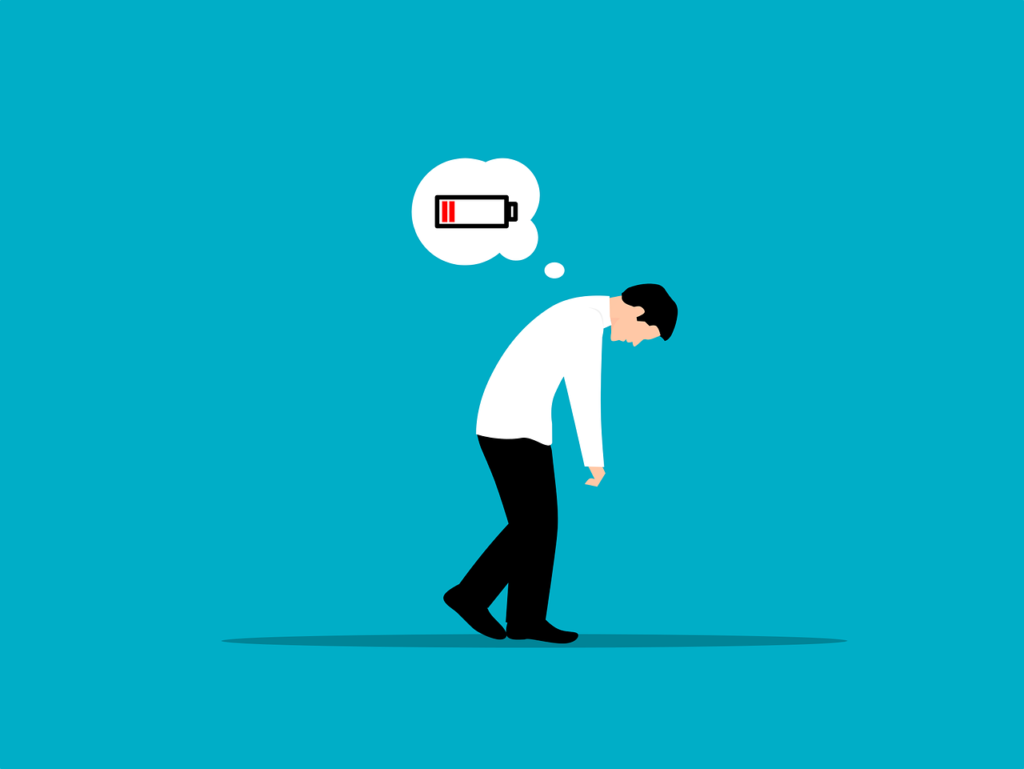
Managing stress for better sleep
Stress is a significant barrier to quality sleep. Incorporating stress-reducing practices into your daily routine can significantly improve sleep quality. Techniques such as mindfulness meditation, deep breathing exercises, and yoga can help calm the mind and body, making it easier to fall and stay asleep. As the saying goes, “Inhale peace, exhale stress.”
Dietary considerations for sleep
What we eat and drink can impact our sleep. It’s advisable to avoid heavy meals, caffeine, and alcohol close to bedtime, as these can disrupt sleep. Instead, opt for sleep-friendly foods such as almonds, chamomile tea, and kiwi, which can help promote better rest. Staying hydrated throughout the day, but limiting fluids before bed, can also prevent nighttime awakenings.
Conclusion
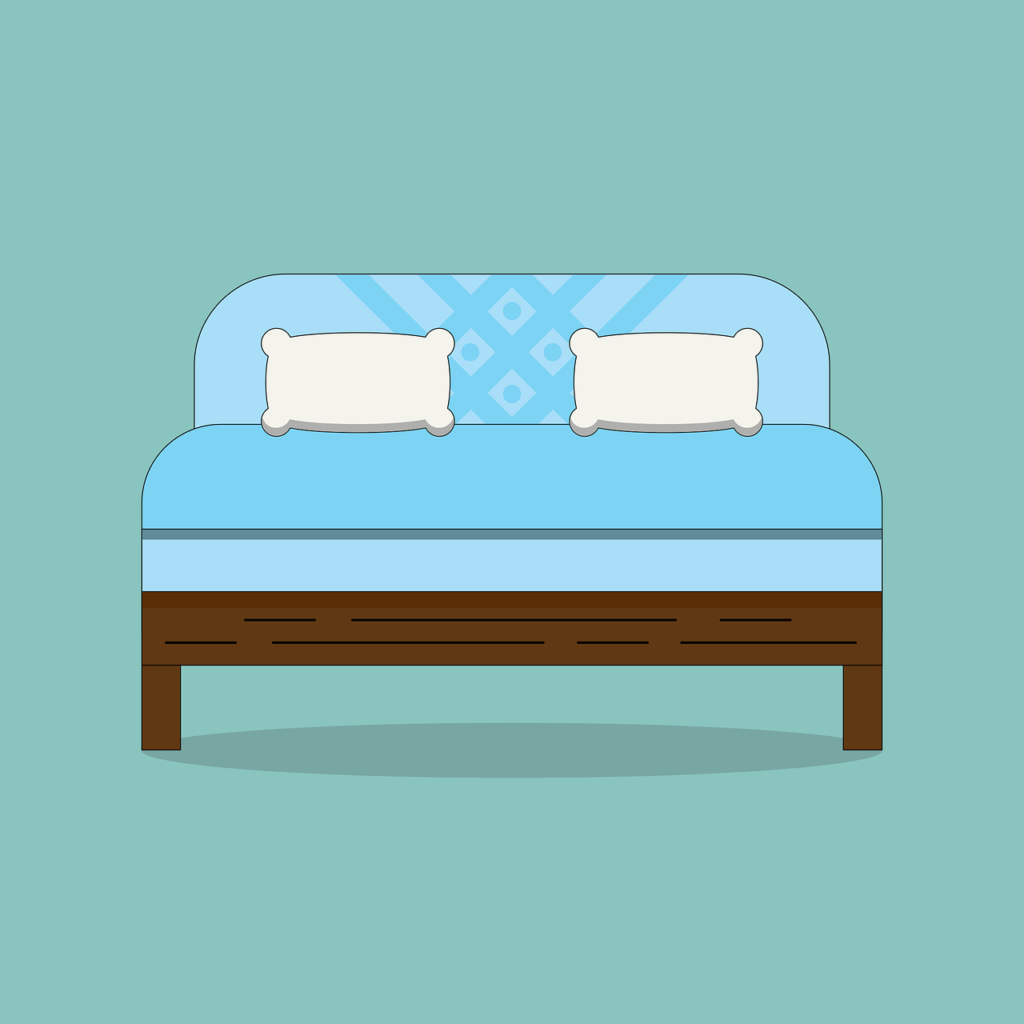
Recap of sleep’s impact on personal growth and productivity
As we’ve explored throughout this article, sleep is not a luxury – it’s a fundamental pillar of personal growth and productivity. From enhancing our cognitive abilities and emotional regulation to boosting our physical health and mental well-being, quality sleep touches every aspect of our lives.
By prioritizing sleep, we’re not just investing in better mornings; we’re investing in our overall quality of life. We’re giving ourselves the gift of clearer thinking, stronger bodies, more stable emotions, and increased productivity.
Encouragement to prioritize sleep for overall well-being
Remember, as the great Benjamin Franklin once said, “Early to bed and early to rise makes a man healthy, wealthy, and wise.” While the specifics of your sleep schedule may vary, the principle remains the same – quality sleep is a cornerstone of a successful and fulfilling life.
So tonight, as you prepare for bed, remember that you’re not just resting – you’re actively contributing to your personal growth and setting yourself up for a more productive tomorrow. Sweet dreams, and here’s to your continued growth and success!
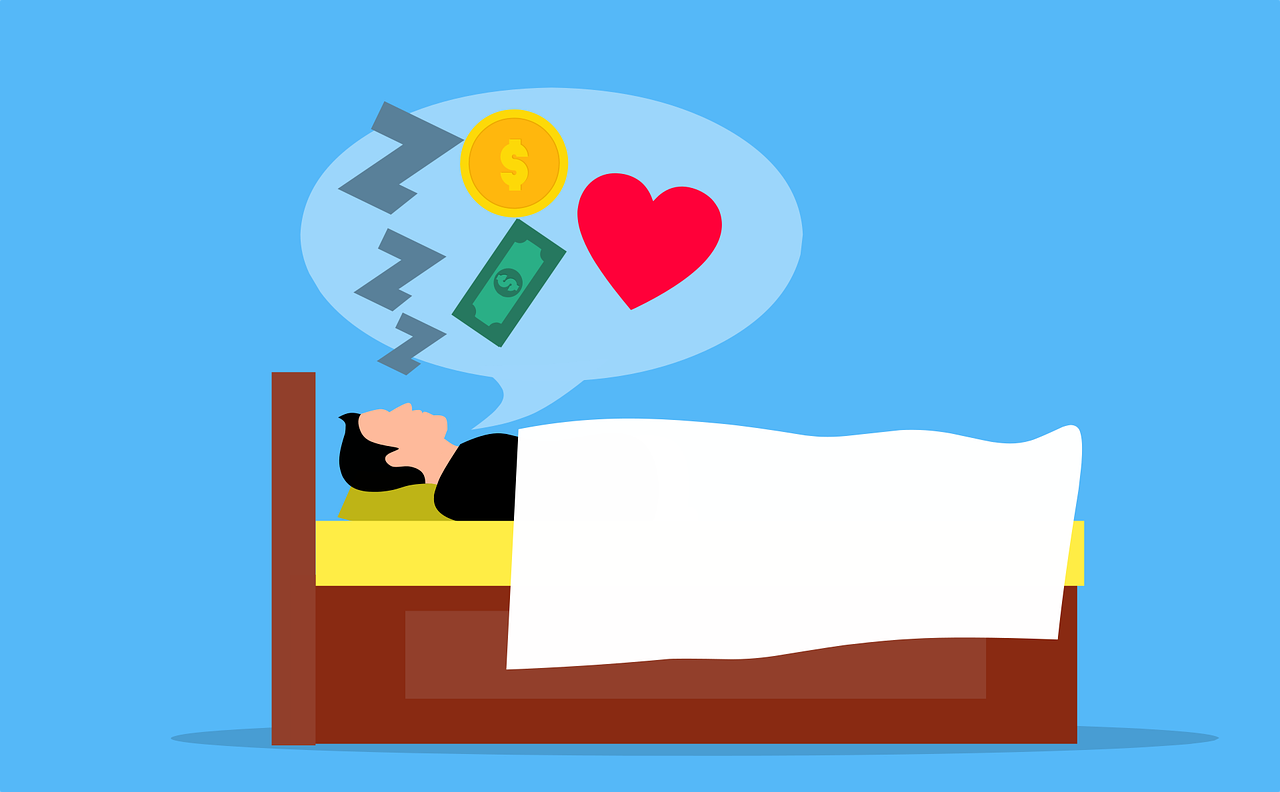
Leave a Reply